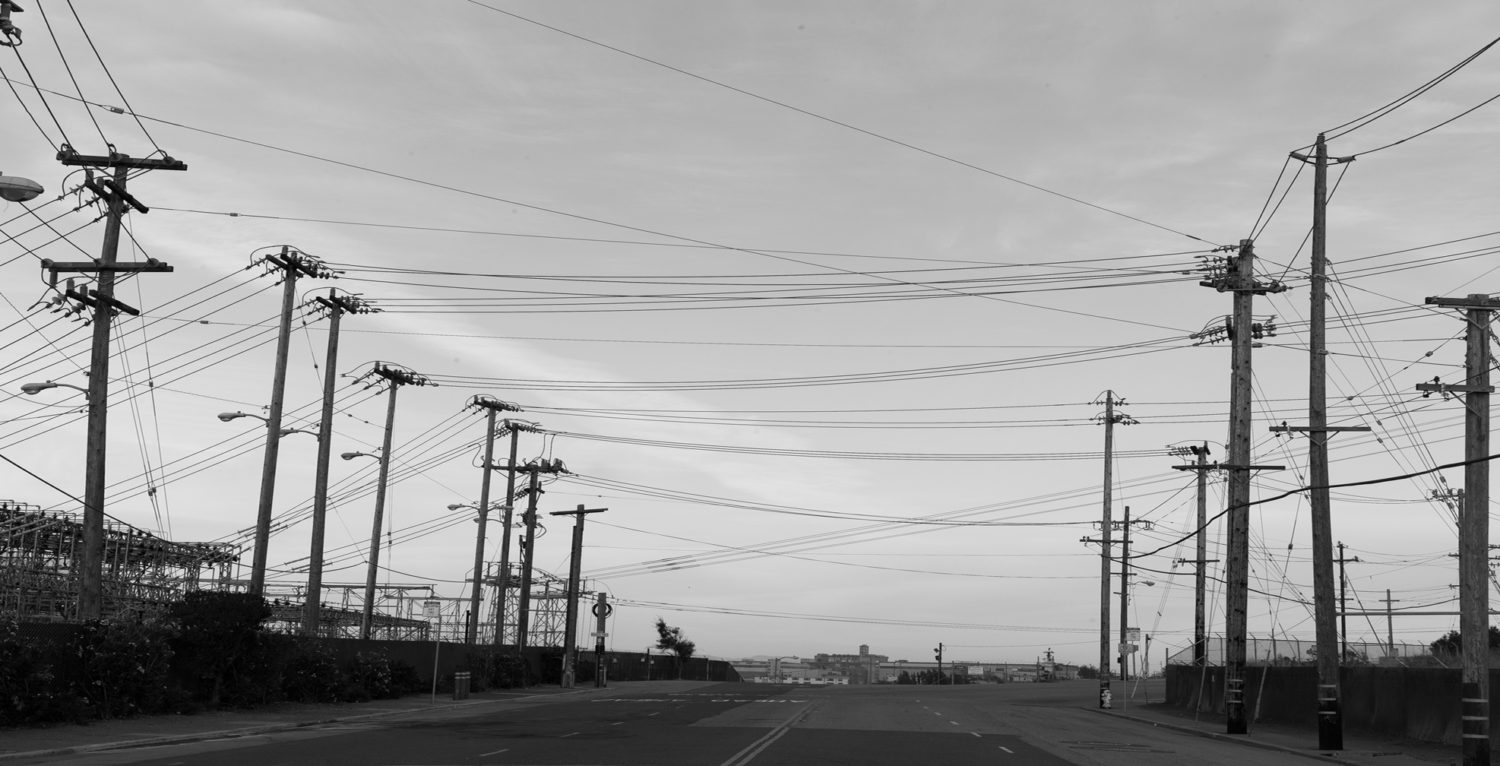Why being poor can cost the earth
More than one fifth of the UK’s population live in poverty. The poverty premium means those people often pay more, writes Jim McMahon MP.
Our economy has been hollowed out. More families are in work but struggling to make ends meet as underemployment, job insecurity and low pay dominates the lives of too many. On top of that millions of people pay more of what little they have for basic goods and services.
Poverty premium means that people living in poverty or on a low income are often paying more for the same goods and services than people who are better-off financially. Research from the University of Bristol suggests that this could cost low income families on average £490 a year. Of course, averages can hide extremes. In its worst manifestations, poverty premium can cost some households over £1000 a year.
The economic context is key to understanding why poverty premium is so damaging. More than one fifth of the UK’s population live in poverty. The government’s welfare changes have squeezed low income families and individuals. Earnings and working hours have not improved uniformly across the country, or even across cities; towns like my own, Oldham, have been cut adrift from economic progress. Foundation industries – once the beating heart of our manufacturing towns – have been wiped out in favour of tech and finance jobs in cities. In Britain today, there are fewer manufacturing jobs than at any point in our industrial history.
Some would dismiss poverty premium at first glance. To them, the extra costs which research has quantified seem trivial; paying for paper utility bills rather than online statements (£5 a year) and for insurance on a monthly basis (£9) seem like insignificant amounts. It is also easy to brush aside poverty premium if you think the free market works freely and equally for everyone. But the marketplace isn’t a level playing field; the more financial clout you have the more choices you have. The reality for low income families is it’s not as easy to shop around for deals on goods and services.
Let’s look at a few examples. The application of personal loan rates for people who can’t afford to buy necessary goods up front is an example of how the market is distorted to benefit people who wield greater financial clout. For example, you are certainly going to pay more by covering the cost of an essential white good on a monthly basis, than someone who has a surplus up front budget and the time to shop for the best deal on the high street or online. According to Moneyfacts.co.uk someone with a fair credit rating can get a personal loan rate of 14.9%. But if you have a poor credit rating, which is more likely if you’re on a low income and have been forced to miss repayments, you are unlikely to be offered a deal below 37.9%.
Where you live and the choice of products on your doorstep can be a determining factor too. Lack of access to a free ATM or to a low-cost supermarket are examples of how the market is skewed in favour of people who have a financial choice over where they live. Even public transport to the nearest supermarket may be ruled out if you have to make regular and expensive journeys or if you have children in tow. Over the course of a year, such narrow and more expensive options will make a significant difference.
These are classic examples of poverty premium. You are no better off consequently and the product is the same. But because you are constrained by your financial situation, you pay a premium on this product that someone more financially sound than you can avoid.
Can anything be done to fix this? The response goes beyond government policy making, although this is important. Labour has long called for reforms to the energy market, which research shows is disproportionately costing low income families. Theresa May’s government have taken note, launching a Green Paper looking at ‘how to set the market right’ where it is not working for consumers.
New poverty premiums come and go, as demand in the market changes and new products are created to feed that demand. With that in mind there is hope that ethical products and services operate on fertile ground. We have seen some excellent examples of innovation emerge to attempt to fix the market where it is most broken for people on a low income. The Joseph Rowntree Foundation, among others, has been backing the Fair by Design Fund, which invests in enterprises and aims to create fair access to products and services, whether it be in energy, finance, insurance, or by challenging geographical obstacles. Credit unions too have always been a grassroots alternative and now they are really stepping up, using technology to empower members and provide a real alternative to pay day lenders.
Consumers are coming together through co-operatives and mutuals, together using their collective buying power to strike better deals with energy companies and even generating power themselves to sell back to the grid, including in my own town where Oldham Community Power installs solar panels onto public buildings like schools. We can also look towards the Liverpool Energy Community Company (LECCY), which offers families a low cost, not-for-profit energy company to switch to.
We can’t rely on this government alone to fix the problem – despite it being partly one of their own making – but we do need to push those in power much harder. While grassroots responses are inspiring, the vast majority are caught out by a cycle of low wage, high cost living.
If Britain is to succeed we must repair our economy and reinvest in quality skilled jobs, but we must also tackle head on the financial exploitation taking place every minute of every day in goods and services too.

